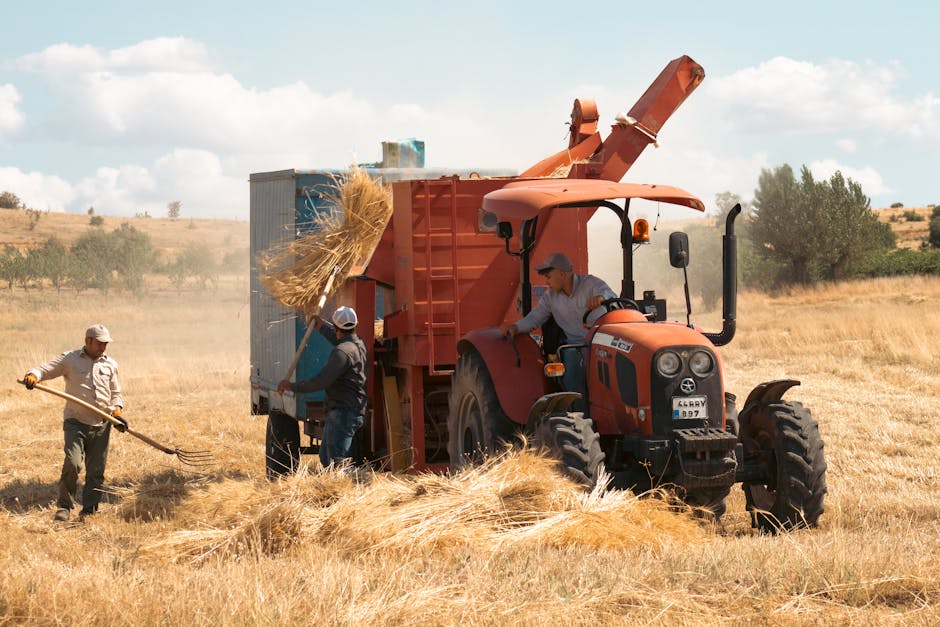Animal welfare forms the cornerstone of many ethical objections to industrial farming. Intensive rearing environments often prioritize efficiency over animal well-being. Confined spaces, limited movement, and unnatural living conditions can lead to stress, injury, and disease. Procedures such as beak trimming in poultry and tail docking in pigs, while sometimes justified on grounds of preventing harm within crowded settings, raise ethical questions about the inherent right of animals to a natural existence free from human-inflicted suffering. Furthermore, the methods used for slaughtering animals in large-scale facilities have been subject to considerable scrutiny, with concerns raised over humane treatment and the minimization of pain and distress. The debate frequently centers on the capacity of animals to experience suffering and the moral obligation of humans to alleviate it, leading to varying interpretations and advocacy for different approaches to animal husbandry.
Environmental sustainability is another crucial ethical dimension. Industrial agriculture’s heavy reliance on chemical fertilizers and pesticides leads to significant environmental damage. Nutrient runoff contaminates waterways, causing algal blooms that deplete oxygen and harm aquatic life. Pesticide use has deleterious effects on biodiversity, harming beneficial insects and potentially impacting human health through pesticide residues in food. The extensive clearing of land for monoculture farming contributes to deforestation, habitat loss, and a reduction in carbon sequestration capacity, thereby exacerbating climate change. The high energy consumption associated with intensive farming practices, including transportation and processing, further compounds the environmental impact. The ethical question here hinges on the responsibility of humanity to maintain a healthy and productive ecosystem for present and future generations. Sustainable alternatives, such as agroecology and regenerative agriculture, are increasingly advocated as ethically preferable approaches.
Economic aspects of industrial farming also raise ethical concerns. The concentration of power in the hands of large corporations and the subsequent pressure on smaller farmers often lead to unfair trade practices and economic disparity. Many small-scale producers struggle to compete with the low prices offered by large-scale operations, leading to farm bankruptcies and rural depopulation. This economic imbalance can exacerbate existing social inequalities and contribute to food insecurity in vulnerable communities. Furthermore, the reliance on government subsidies to support industrial farming practices can distort market forces and potentially redirect resources away from more sustainable and ethically sound alternatives. Ethical considerations in this context involve questions of economic justice, fair competition, and the equitable distribution of resources within the agricultural sector.
Social justice is inextricably linked to the ethical dilemmas of industrial farming. The working conditions for laborers in many industrial agricultural settings are often precarious, characterized by low wages, long hours, and a lack of worker protections. Migrant workers, in particular, are often vulnerable to exploitation and abuse. The concentration of food production in a relatively small number of corporations raises concerns about food sovereignty and the ability of communities to control their own food systems. This lack of control can make communities more vulnerable to price fluctuations and disruptions in the food supply chain. The ethical imperative here is to ensure fair labor practices, protect worker rights, and promote food sovereignty for diverse communities.
Furthermore, the impact of industrial farming on human health is a significant ethical consideration. The widespread use of antibiotics in livestock production contributes to the development of antibiotic-resistant bacteria, posing a serious threat to public health. The high levels of processed foods produced through industrial agriculture contribute to diet-related diseases like obesity, diabetes, and heart disease. The ethical question revolves around the responsibility of food producers to prioritize public health and minimize risks associated with food production and consumption.
Addressing the ethical challenges posed by industrial farming demands a multi-faceted approach. Promoting more sustainable agricultural practices, such as agroecology and regenerative agriculture, is crucial. These approaches prioritize biodiversity, soil health, and reduced reliance on chemical inputs. Improving animal welfare standards through stricter regulations and promoting alternative farming models, such as pasture-raised livestock, is equally important. Strengthening worker protections and promoting fair labor practices are essential to ensure social justice within the agricultural sector. Finally, fostering transparency and traceability in food systems allows consumers to make informed choices and support ethical producers.
In conclusion, the ethical considerations surrounding industrial farming are complex and far-reaching, extending beyond animal welfare to encompass environmental sustainability, economic justice, and social equity. A comprehensive solution necessitates a shift towards more sustainable and ethical agricultural practices, requiring collective action from consumers, policymakers, and the agricultural industry itself. The ultimate goal should be to create a food system that is both productive and ethically sound, ensuring the well-being of animals, the environment, and human society.
